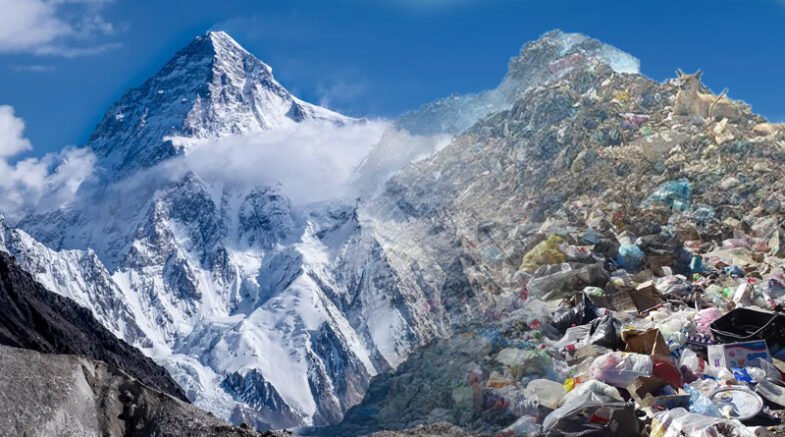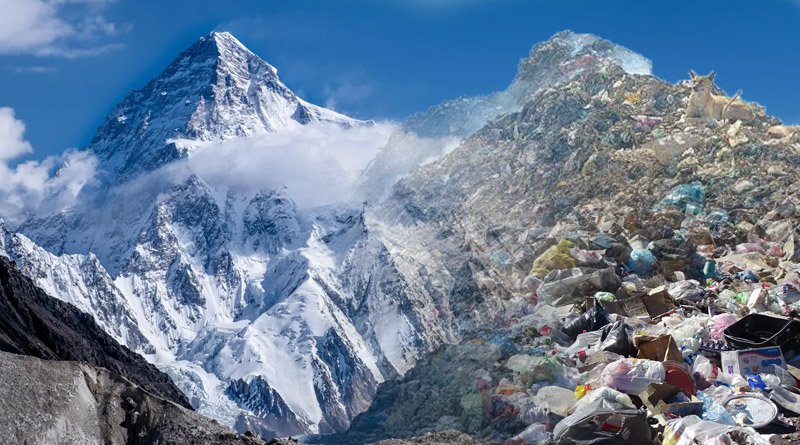Federal Minister for Climate Change Senator stated that unmanaged waste was a significant issue in Pakistan despite the ministry’s efforts to lower greenhouse gas emissions.

Federal Minister for Climate Change Senator stated that unmanaged waste was a significant issue in Pakistan despite the ministry’s efforts to lower greenhouse gas emissions. The Living Indus Initiative had been started, she said, by the Ministry of Climate Change.
Two K-2 mountains’ worth of plastic waste have been produced in Pakistan as a whole thus far. Senator Federal Minister for Climate Change made this shocking admission while participating in a policy discussion titled “Exploring the Potential of Circular Economy in Pakistan.”
According to the senator, 33 million people were affected by the recent floods in September 2022 in Pakistan, one of the top 10 nations affected by environmental degradation. Climate change has never before resulted in such extensive destruction, she continued.
After Mount Everest, K2 is the second-highest mountain at 8,611 metres above sea level. It is partially in the Gilgit-Baltistan region and is located in the Karakoram range. The minister believed that in order to control waste management, Pakistan’s major stakeholders would need to work together.
She mentioned the diminishing water supplies as another problem. Our water supplies are depleting, and Pakistan’s lifeline is its network of rivers.
Floods caused by a natural disaster have had a significant negative impact on Pakistan’s economy, resulting in a 9% loss in GDP. We know how plastics affect the economy, but there are still no accessible, affordable alternatives for the actual end users and consumers, the minister wrote in a post on social media. Our annual plastic waste production is 3.3 million tonnes, and it contaminates our waterways and landfills.
“Recycling of plastic and other items is practiced globally. Recycling centres are also necessary in Pakistan. However, she continued, “the provinces are now exporting machinery that is used in recycling. The minister claimed that despite having been in office for the last 11 months, she still lacked all the information regarding unmanaged plastic waste.
The amount of trash in our oceans is greater than the number of fish. To manage actual plastic waste, we need a policy, the speaker continued. Dr. Abid Qayum Suleri, Executive Director of the development think tank Sustainable Development Policy Institute (SDPI), stated earlier that the circular economy should place a focus on reducing waste and recycling materials to lessen its impact on the environment.
He suggested emphasising how crucial product reuse is. Dr. Suleri called for participation from both the public and private sectors in research and policy to create one’s own network on the circular economy.
